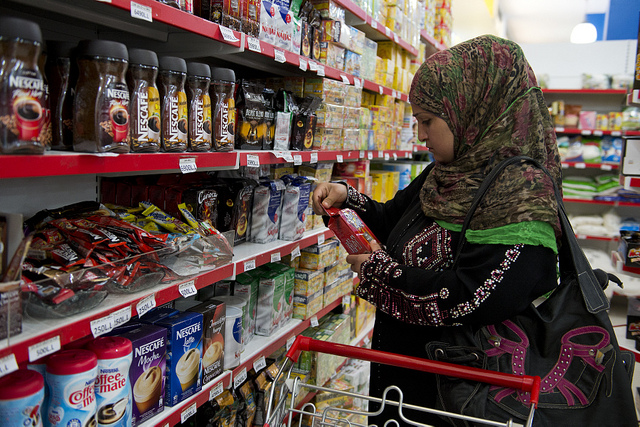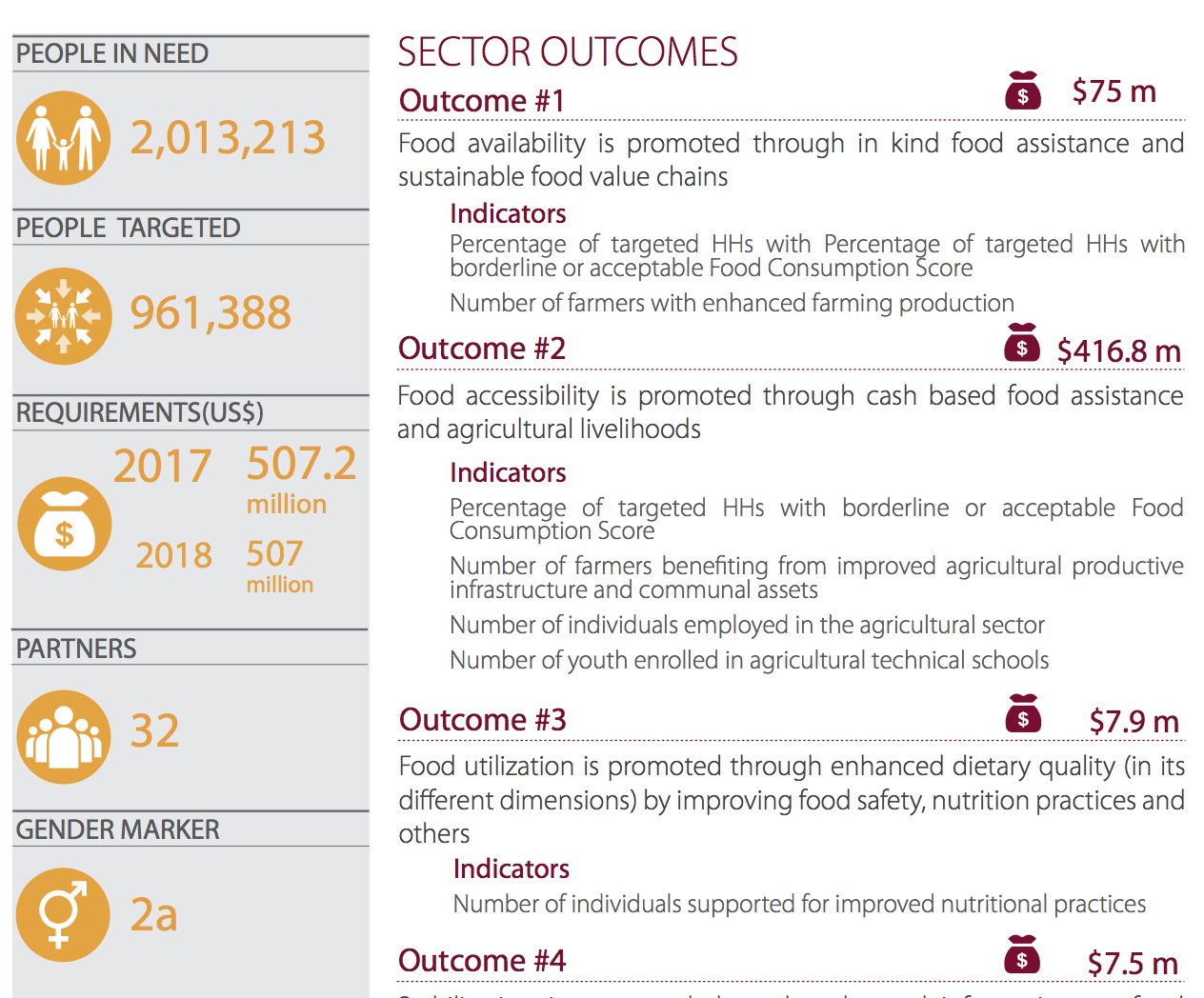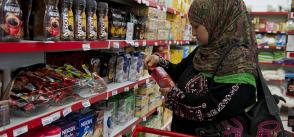
Food Security Sector Strategy - Lebanon
During the past five years, the effects of the protracted Syrian crisis have severely impacted food security in Lebanon.
Vulnerable populations including displaced Syrians, Lebanese, and Palestine Refugees from Syria, have seen their level of food security significantly worsen.
For displaced Syrians, in spite of the continuous direct food assistance provided, the food security situation remains critical. The 2016 Vulnerability Assessment of Syrian Refugees (VASyR) shows a slight increase in the percentage of food insecure households compared to 2015; 93 percent of the population is now food insecure to some degree, against 89 percent in 2015.

When considering households that are female-headed, the percentage of food insecure accounts for 96 percent against 92 percent among male-headed households. While the percentage of mildly food insecure households decreased, the percentage of households with moderate and severe food insecurity increased in 2016 with 36 percent of the households falling under these two categories.
Read/download the full report via Food Security Cluster web site.
[Photo by European Commission DG ECHO | Flickr]







